Public funerals in Nigeria often become stages for deeper conversations—about cultural expectations, individual legacy, media influence, and family dynamics.
The events following the funerals of Mike Ejeagha and Onyeka Onwenu, along with seven other luminaries, reveal complex tensions: honoring personal wishes vs. communal mourning, tradition vs. modern spectacle, privacy vs. public engagement.
We’ll explore each case in depth: facts, flashpoints, perspectives, cultural backdrops, and social media eruptions. Together, they paint a picture of how farewells today are shaped by identity, media, and collective memory.
1. Mike Ejeagha (d. June 6, 2025) – Tradition or Exclusion?
Background
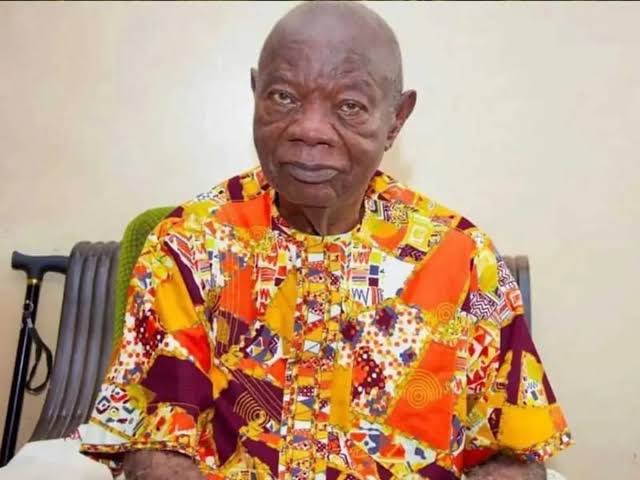
Mike Ejeagha, known affectionately as “Gentleman,” was a 95‑year‑old Igbo highlife legend and folk custodian from Umuagba, Enugu State. His repertoire preserved Igbo philosophy and language through music lasting decades .
Funeral Details and the Flashpoint
Ejeagha passed on June 6, 2025. By June 7, he was already laid to rest in his hometown, unembalmed and within 24 hours—per his detailed wishes.
His eldest son, Emmanuel, said the burial was “in line with his last wish” and that Governor Peter Mbah was informed and consented .
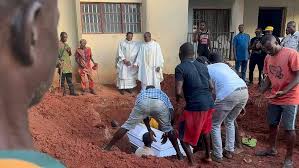
Public Reaction
Supporters highlighted the family’s respect for tradition, hailing the decision as a heartfelt act of cultural continuity.
Critics argued that such a revered cultural icon merited a public memorial, broad funerary rites, or even a state-sponsored event rather than a private, rapid send-off.
Cultural Analysis
This event underscores a core tension: the deceased’s personal wishes versus their public legacy. For some, Ejeagha’s rapid burial honored ancestral customs; for others, it denied beloved fans collaborative grief and closure.
2. Onyeka Onwenu (d. July 30, 2024) – A Quiet Death, Loud Debate
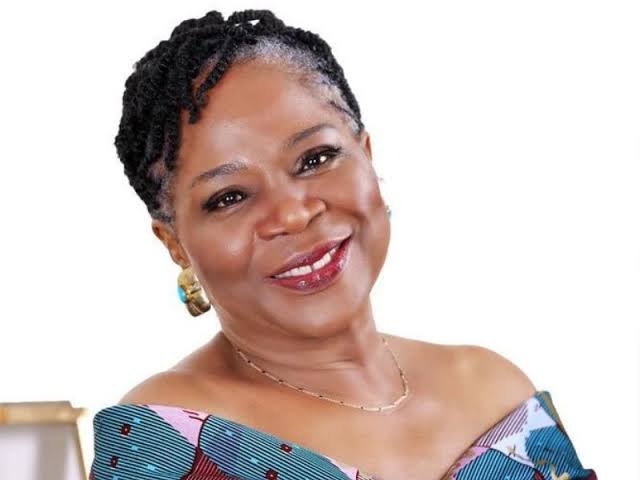
Background
Onwenu—the “Elegant Stallion”—was a singer, actress, journalist, and activist known for powerful songs and social critique. She fought for women’s rights and against lavish funerals .
Funeral Arrangements & Controversy
Died July 30, 2024 in Lagos.
Funeral held August 30 at Fountain of Life Church, Ilupeju; buried privately at Ebony Vaults, Ikoyi, in accordance with her 2021 wish for a “quick, quiet, and private” service .
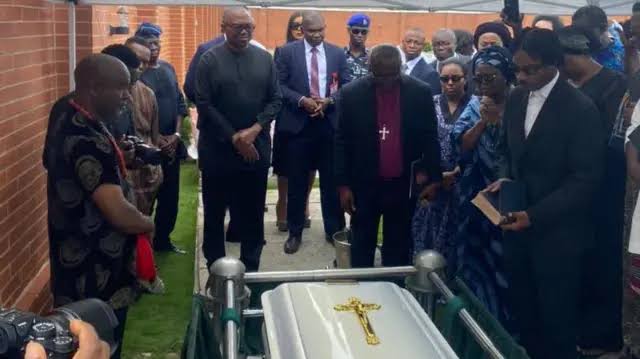
Debate erupted:
Burial in Lagos vs. Imo State: Many felt the ceremony should have been in her ancestral Igbo homeland .
Public tribute vs. Privacy: Supporters praised restraint; critics wanted more public celebration of her cultural contribution.
Cultural Implications
This case brought individual agency versus cultural identity into focus: is honoring personal wishes enough when public memory and ethnic belonging are at stake?
3. Junior Pope (d. April 10, 2024) – Mourning or Partying?
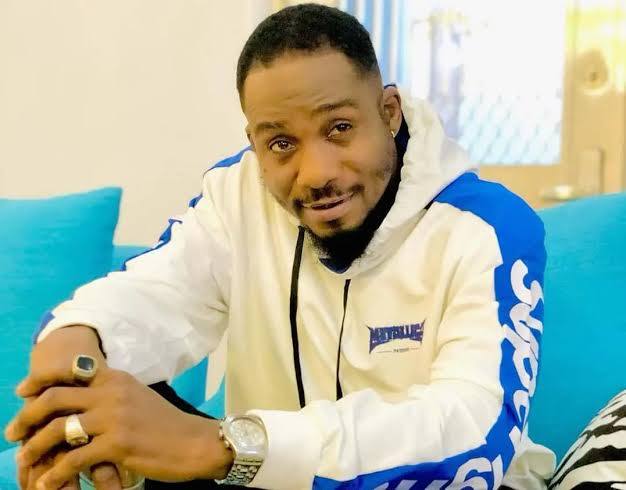
Overview
Veteran actor Junior Pope died in a tragic boat accident in April 2024. His funeral in May took place in Enugu.
The Spark
Alleged Vvdeos circulated of celebrities (e.g., KCee, E-Money) drinking, dancing during the funeral—sparking outrage .
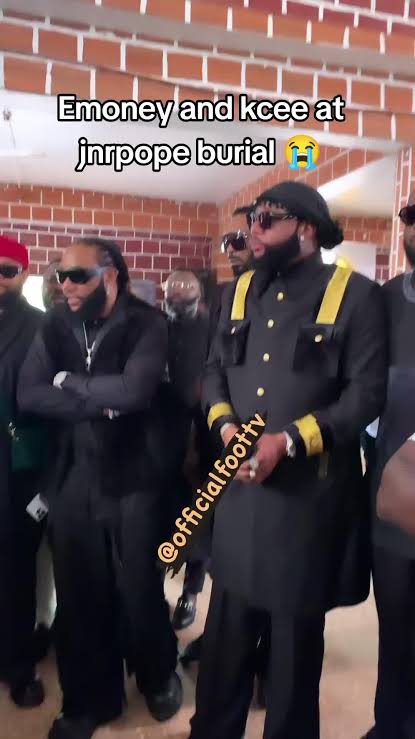
Reactions
Critics: Columnist Radio Gad called it “a circus,” misaligned with funeral solemnity.
Defenders: Supporters invoked Igbo tradition, which involves feasting and music as part of mourning.
Cultural Reflection
This controversy starkly illustrated cultural collision: communal celebration through food and music vs. outsiders’ expectations of quiet solemnity.
4. Sound Sultan (Olanrewaju Fasasi) – Buried Abroad, Forgotten at Home
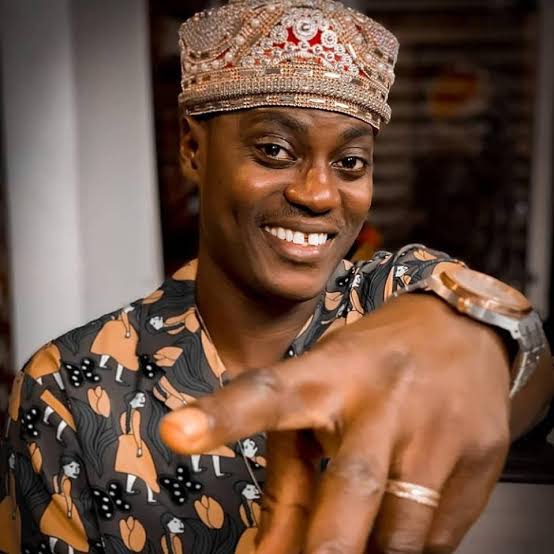
Prelude
Sound Sultan died of cancer in the U.S. on July 11 2021. He received an Islamic burial abroad, per his faith .
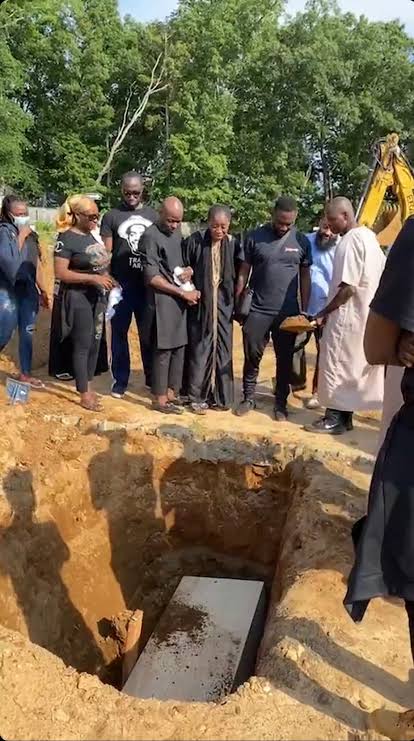
Public Reaction
Nigerians demanded homecoming tributes and state recognition. Outrage grew over the notion that a national icon was honored quietly overseas.
Discourse
This event spotlighted the intersection of religion, diaspora logistics, and national symbolic positions.
5. MohBad (d. September 12, 2023) – Tragedy, Transparency, and Trust
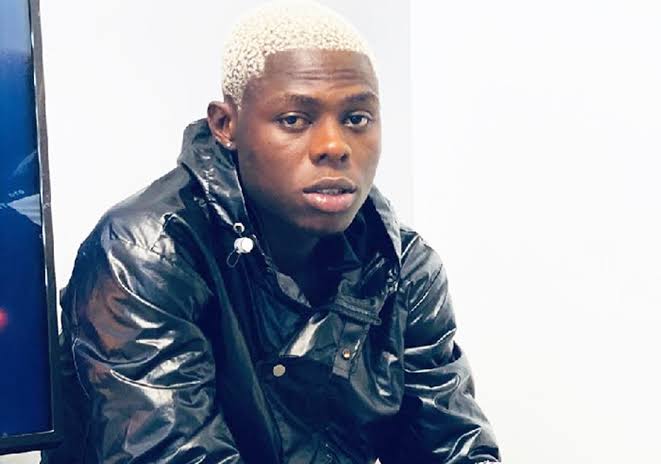
The Incident
Rising Afrobeats star MohBad died suddenly on September 12 in Lagos. His body was buried in Ikorodu less than 24 hours later—a decision that provoked intense backlash .
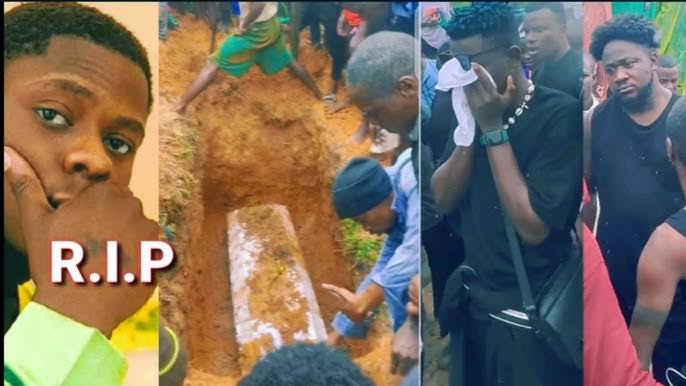
Flashpoints
Exhumation and Autopsy: His remains were exhumed days later for toxicology. Fans were outraged at the lack of initial transparency.
Parental Feud: His mother publicly demanded his reburial; a deep rift over funeral rites became public.
Fan Outrage: Fans launched #JusticeForMohBad, pressing for accountability from his record label and the state.
Societal Ripples
MohBad’s funeral became a flashpoint—revealing fractured trust in institutions, painful family splits, and the need for standardized post-mortem transparency in Nigeria.
6. Saint Obi (d. May 2023)
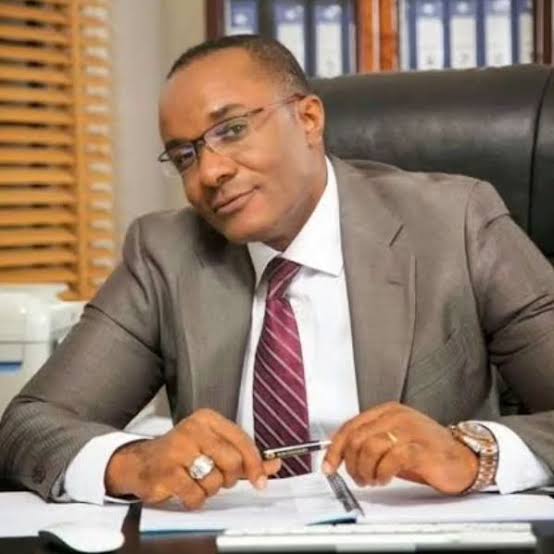
Complications: Funeral delayed amid family/in-law conflict.
Concerns: Colleagues felt excluded; rumors of isolation during illness.
Takeaway: How private family dynamics can overshadow a public figure’s ceremony.
7. Tosyn Bucknor

Death: November 19, 2018; funeral awaited scrutiny.
Media watched for a national organizing effort, given her advocacy and battle with sickle cell disease.
Some perceived the funeral as lacking coordination and accused celebrities of trotationally attending just for online optics.
Unraveling the Deeper Issues
1. Tradition vs. Public Memory
Quick burials can align with culture or urgency—but risk alienating fans and the public when a figure is widely revered.
2. Location Matters
Burials far from home can breed disconnection or cultural misappropriation—Onwenu’s case exemplifies this tension.
3. Celebrity Decorum at Funerals
Unfiltered moments—celebrations, laughter, bright outfits—make the public question sincerity, especially under the glare of social media.
4. Family Disputes & Access
When mourning becomes restricted or contested, it often signals deeper familial fractures that overshadow the ceremony itself.
5. Medical System Flashpoints
Rico Swavey’s funeral became a proxy for healthcare corruption, as real-time emotional responses to system failings carried through the ceremony.
Final Reflections
1. Balancing acts: The interplay between respecting the deceased’s final wishes and honoring their public life remains delicate—especially in public contexts.
2. Social media eyes: Every hiccup or deviation is magnified, with fans acting as informal cultural gatekeepers.
3. Cultural negotiation: These funerals encapsulate debates about what constitutes “respectable mourning” in a modern Nigeria—where tradition, identity, and celebrity converge.
4. Policy potential: Cases like MohBad’s highlight cracks in legal and healthcare infrastructure; funerals can often serve as catalysts for broader reform conversations.
Closing Question
As society evolves, we grapple with balancing personal autonomy, communal grieving, tradition, and public expectation. When a widely loved individual passes, how do you honor them—on their terms, with ceremony, or both? And who really gets to answer that?













Leave a comment